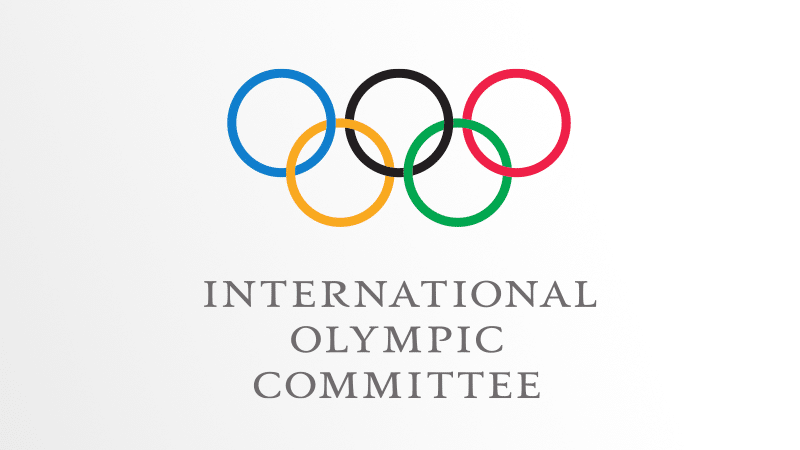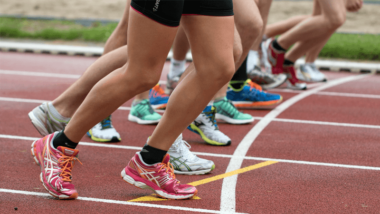Medical experts from some of the world’s major sports federations have signed a statement slamming the International Olympic Committee’s (IOC) rejection to protect biological sex in women’s sports.
In a statement published in the British Medical Journal Open Science & Exercise Medicine, bodies including World Athletics, World Triathlon and the International Cycling Union said the IOC’s new rules defy “the outcome of the 2015 IOC consensus, the scientific evidence, and the subsequent assessment of numerous sports medicine associations/commissions”.
The statement comes as opposition grows in both Australia and the US after a man identifying as a woman recorded the fastest 500-yard women’s freestyle in the Ivy League Women’s Championship finals, beating all other competitors by seven seconds.
Statement
Nearly 40 authors signed the statement, including senior medical representatives from World Athletics and World Rowing.
The IOC updated its guidelines last year, further weakening protections for women’s sports. They came into effect after the recent Beijing 2022 Winter Olympics ended.
The signatories also call for the Committee to introduce formal standards based on scientific fact and with fairness at the core. One author Yannis Pitsiladis told The Guardian that “the IOC framework is not based on medical and scientific principles”.
Public support
In Australia, a national poll revealed that the majority support protecting women’s sports.
The poll of 1,500 Australians by Binary Australia found that 67 per cent believed that male and female sports should remain separate, and 75 per cent said that legal protections for women’s sports should be introduced.We have separate sporting categories for males and females because there are scientific, evidenced-based differences between men and women.
Speaking to the Australian Daily Telegraph, its Director, Kirralie Smith, said: “Almost three quarters of all people surveyed want legal protections for their mothers, daughters, sisters and female friends in sport.
“We have separate sporting categories for males and females because there are scientific, evidenced-based differences between men and women.”
38 seconds
The reactions come as controversy grows over Lia Thomas’ involvement in women’s swimming competitions.
Thomas, a man who identifies as a woman, sparked fierce debate after he qualified for the National Collegiate Athletic Association (NCAA) championships by finishing 38 seconds ahead of the woman in second place.
In response, the sport’s governing body USA Swimming updated its policy to now require testosterone tests for 36 months before competitions and a panel of three doctors to determine whether “prior physical development of the athlete as a male” gives individuals an advantage.
However, the NCAA has refused to immedietly implenent the policy, meaning Thomas is free to continue competing for the University of Pennsylvania’s women’s team.
IOC weakens protections for elite women’s sports
Biological differences give men unfair advantage in women’s sport
Female weightlifters ‘told to be quiet’ in face of male competitor


